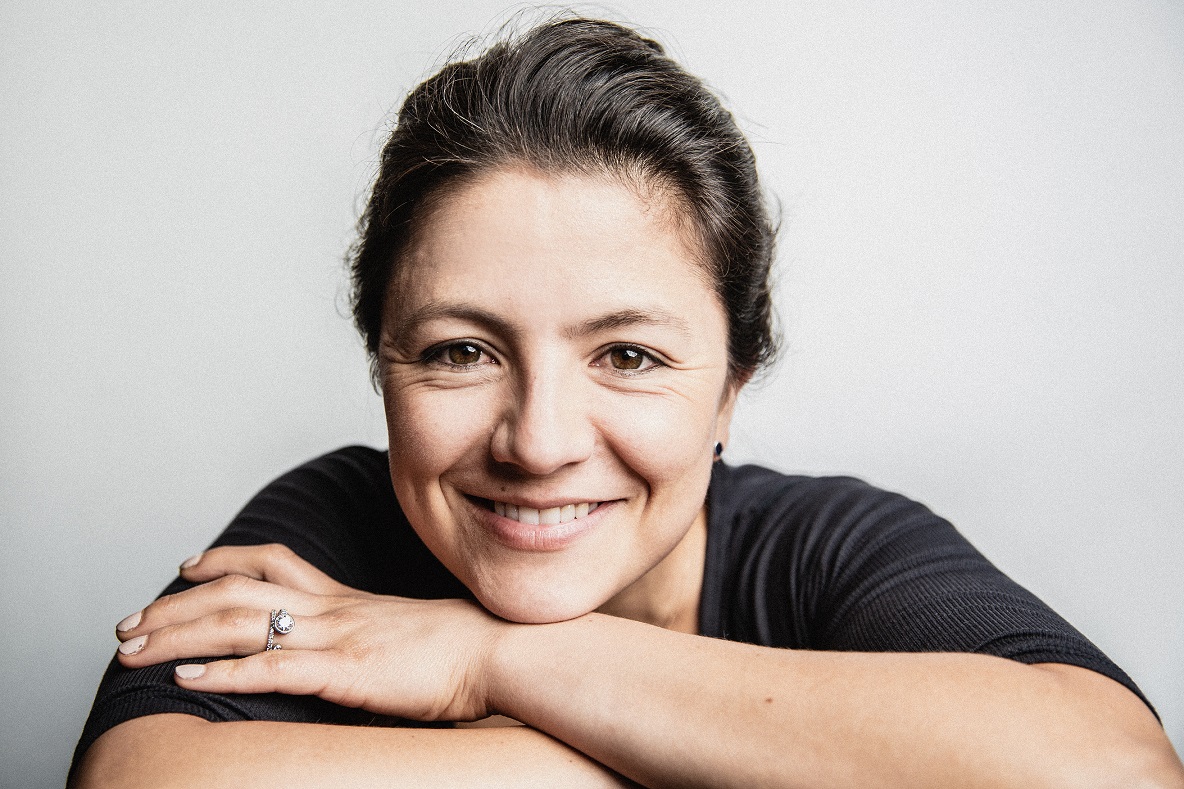Why is it that some people are able to stop eating without any effort? Why can they eat two squares of a chocolate bar and forget about it?
There are two traits that distinguish a person who is obsessed with food, counts calories, and overeats from one who eats “normally” and does not seem to care about the jar of Nutella in the kitchen.
These two traits are the answer to why women might be looking for solutions to their food obsession in the wrong places.
The first one is permission.
Those whom we consider “normal eaters” do not set limits. They have no rules about what they can and cannot eat.
When they decide to eat chocolate cake, they don’t even consider that they are granting themselves permission. They just eat! Permission and food are not words they use in the same sentence.
Normal eaters do not keep track of the calories they consume or their servings. They don’t invest energy in controlling; french fries are not off-limits.
Instead, they seem to be guided by their preferences, and inner signs of fullness and satisfaction.
Normal eaters also eat for pure pleasure, which is part of life. Nobody needs chocolate cake to survive! Yet, we eat it at a birthday party to celebrate with friends because it’s simply delicious.
Science has shown it over and over again. Those who restrict and set rules around food are more likely to obsess and lose control around food.
It’s hard to stop eating if we believe we’ll never eat a particular food again or that we cannot exceed a certain amount.
That’s why the moment we start a diet, detox, cleanse or 21-day challenge we start craving pasta and can’t get the cookies in the pantry out of our heads.
Permission around food is critical to minimize obsessive thoughts about what we eat.
It’s unsustainable to count every calorie and measure every portion forever!
Having a normal relationship with foodis not about eating perfectly; it’s not about having willpower to avoid sugar or always stopping when full.
Normal eaters also eat beyond fullness; they eat more than one cookie and when they also eat popcorn mindlessly while watching a movie.
But, and this is the second difference, they don’t judge themselves.
They do not consider their behaviors to be sacrilege, a sin. They do not believe that their eating choices make them less valuable or are a sign of a character flaw.
Normal eaters notice when they’ve eaten too much, but they keep going. They don’t stay stuck in a loop of shame and guilt.
There is no guilt because there is no judgment. There is no frustration or anxiety because there is no self-criticism.
For normal eaters, food is just food. It is not a way to demonstrate their value as a person. For them, life is more than what they eat or manage not to eat.
Obsessive eaters feel in control around food when what they eat matches their idea of what a day of eating SHOULD look like.
When they say, “I feel out of control around food”, they are describing those moments in which their eating choices don’t match their expectations; the shoulds, musts and have tos.
The issue seems to be the mismatch between the expectations — which are high and driven by diet culture — and what we do.
Normal eaters don’t judge themselves if they eat three slices of pizza because there’s no expectations; there’s no should imposed by diet culture.
The frustration comes from the judgment we have of ourselves for falling short of the expectations; not from the mismatch itself.
As you see, the difference between a normal and an obsessive eater is not willpower or a superhuman capacity to not desire bread and pasta.
It’s eating freely in the absence of judgement.
Your challenge, then, is not figuring out more tactics to control food and tame your instincts.
Instead, it might be giving yourself permission to eat what you have been denying yourself for years and, when you overeat as normal eaters do, embrace yourself with compassion and moving on.
Written by Lina Salazar.


